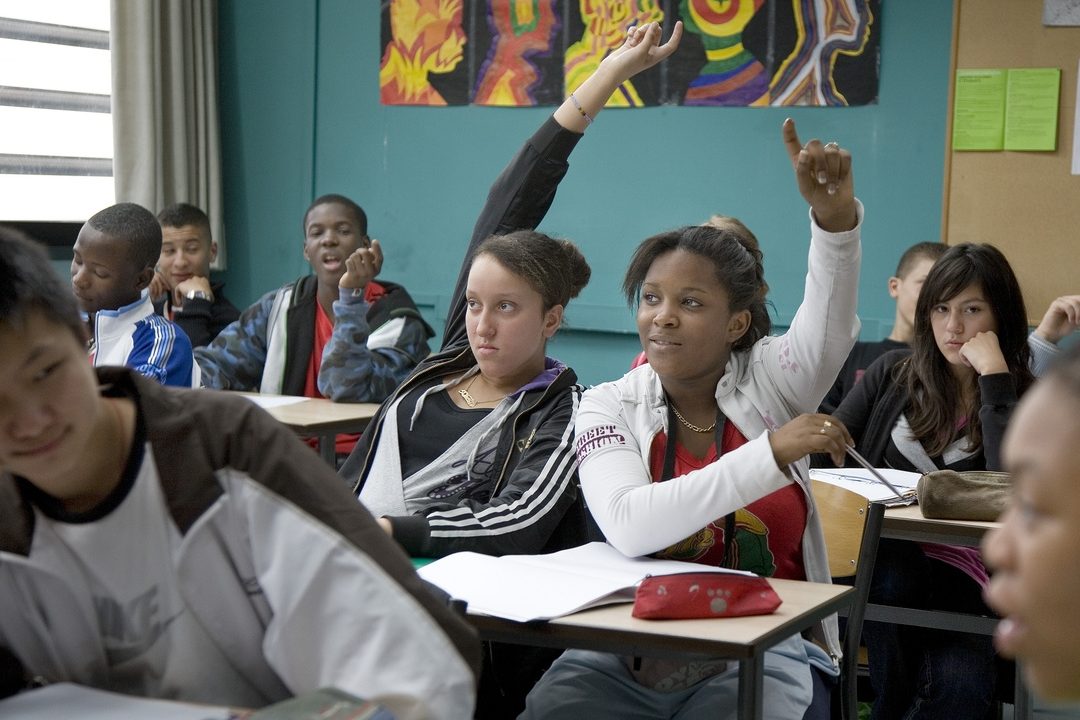What’s The Difference Between Equity And Equality?
Equity and equality sound similar, if not the same. They are oftentimes used interchangeably, with many thinking they have the same meaning. They are both about fairness, aren’t they? But equity and equality are not the same things at all. They are entirely different terms which mean, in some cases, totally opposite things.

Equity and equality sound similar, if not the same. They are oftentimes used interchangeably, with many thinking they have the same meaning. They are both about fairness, aren’t they? But equity and equality are not the same things at all. They are entirely different terms which mean, in some cases, totally opposite things.
WHAT EQUALITY MEANS
Equality is the idea that everyone gets the same opportunity. We all get the same starting point. What you do after that is up to you, but in a system based on equality everyone has an equal chance (chance being the operative word) to succeed.
When you think about the word “equality” in terms of education, you think of sameness. In the classroom, each student gets the same resources. Each student also gets the same opportunities. By that, it means that every student would get the same amount of funding towards their education. Equality would also refer to the same and equal quality of materials and facilities. Each student would also receive the same quality of teachers.
Equal access, equal treatment, and equal opportunity. Regardless of where a student comes from or even what needs they may have, what they are given is equal to every other child.
WHAT EQUITY MEANS
While equality means giving everyone the same starting point, equity means giving everyone the same endpoint. An equitable system would ensure that regardless of what you do or what your abilities or effort might be, everyone ends up in exactly the same place.
As we all know, no two students are alike. They may all fall under the same grade, but that is pretty much where their similarities end. Equity, in this education context, means a specific kind of fairness. It sets up a system which ensures that all students end up in the same place. Ideally that place is one where they all succeed in equal amounts. No one ends up doing better or worse than anyone else, regardless of whatever innate or societal advantages they may have had coming in.
For example, some students experience learning difficulties. Because of this, they probably receive more attention than a student who does not have a learning difficulty, in an attempt to make sure the student with the learning difficult achieves the same results as the student without the learning difficulty.
THE DIFFERENCE BETWEEN EQUITY AND EQUALITY IN EDUCATION
In a practical application sense, equality in schools means making equal resources available for students and parents to use. Everyone gets access to the same books, the same quality of teachers, the same types of schools. If there is a special advanced program for students who are faster learners, access to it is handed out based purely on merit, which means in theory anyone willing to put in the work can get in.
Equity in education means exactly the opposite. Equity in schools means not everyone has access to the same resources. Resources are allocated to different students based on need. Less capable students are given access to more resources and more help, while more capable students are given less attention, fewer resources, and fewer opportunities. The idea here being that the more capable a student is, the less they need help. Meanwhile less capable students need more help in order to get them up to the level of more advanced students. How capable a student is, is defined not just by their academic acumen but also by a complex group of metrics involving things like race, home life, and income.
WHY IS EQUITY, NOT EQUALITY, NOW SUCH A FOCUS FOR SCHOOLS?
The whole idea behind public education is that it is to serve the public. The public, in this case, involves students with a variety of backgrounds, experiences, cultures, and beliefs. Parents of these students also come with their own unique challenges. Some are financial, some physical, and some even emotional. Public education is expected to educate all members of the public, regardless of backgrounds, income levels, ability levels, language speaking ability, or even prior education. It was once thought that equality was the solution to that problem, but now educators believe equity is the right way to go.
Equality in public education bases itself on access and outcome. Every student should be given the same access to high-quality education, regardless. It also says that all students are to be held to the same standards, reach the same outcome, regardless. However, equity proponents believe that’s not enough and have observed that in an equality system many students simply don’t do as well as others.
Article continues below headlines

The Best Type Of Butter Dish For Your Home Kitchen
The history of the butter dish is intertwined with the history of butter itself and the evolution of dining etiquette. …
Continue reading "The Best Type Of Butter Dish For Your Home Kitchen"
The post The Best Type Of Butter Dish For Your Home Kitchen appeared first on Tell Me Best.
Continue
Johnny Depp Scares Crew Of Newest Movie | GIANT FREAKIN ROBOT
Johnny Depp has started being able to reclaim his film career after overcoming his scandals when he largely won his …Continue reading "Johnny Depp Scares Crew Of Newest Movie"
ContinueMeanwhile, equity is about the individual student being pushed in the direction of being at the same level as the greater group. This can many times be a challenging aspect for educators. They have to take into account each student’s unique characteristics. Understanding each student’s situation will go a long way to determining the best approach to teaching. An educator will have to identify learning disabilities if there are any, as well as any cultural differences that may pose a challenge. Once that’s done, the teacher will determine how to level things out so that more advanced students, and students who may be less advanced, end up with the same result.
This means that some students will require some extra attention while others may receive less. An equitable classroom means that a teacher pays close attention to students as individuals, understanding that past educational experiences are not the same for every student. An equitable classroom will be able to adjust to the different learning styles, needs, and abilities each student may require.
Deciding what level of help a child gets in an equitable system means examining a parent’s background – level of education, socioeconomic status, race, and other things – equity proponents believe all play a part in children having equal access to resources.
WHY DO MANY PARENTS WANT EQUITY OUT OF SCHOOLS?
One of the easiest ways to make sure all your students have the same outcome is to hold advanced students back. It’s easier to keep smart kids from learning more than it is to help kids who may be behind, catch up. Critics of equity agendas say that’s exactly what has been happening in equity-based public schools.
For example, high IQ children used to be called “Talented And Gifted”. Now terms like “Highly Capable Learners” are being used to describe them. TAG kids who were ready for advanced topics used to be put in special programs where they could excel and learn at their own pace. Now those programs are being removed from schools, as evidenced by the push to label higher end math as “racist” and eliminate it as an option for kids with a gift for numbers.
Many parents have observed that teachers now limit what kids can learn. Often if a child gets ahead of the class, rather than encouraging their interest in learning, teachers have been known to scold parents and children for learning too fast. “Highly capable learners” are often used by teachers to take over the job of teaching kids who are behind, in place of the teacher, rather than being allowed to learn more at their own pace.
Those are just a few examples of the issues raised by equity opponents. Proponents, however, insist that equity is worth whatever it might cost those kids. Whether you agree or not, likely depends on your own background.







